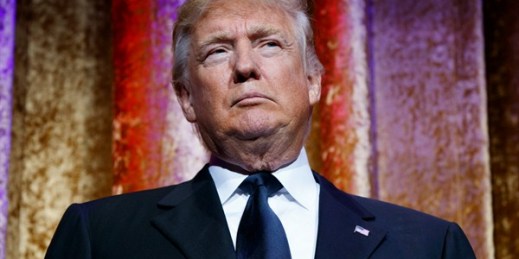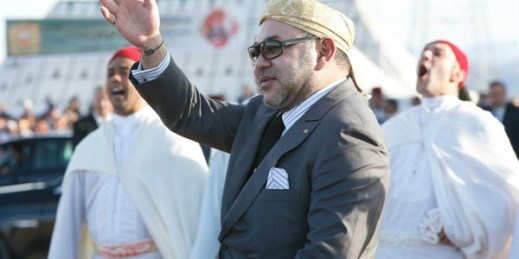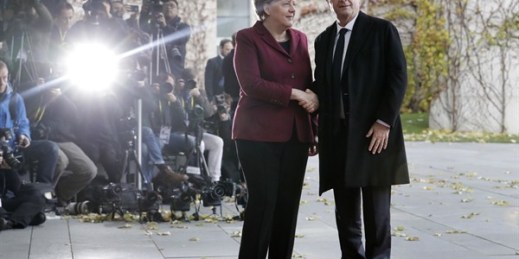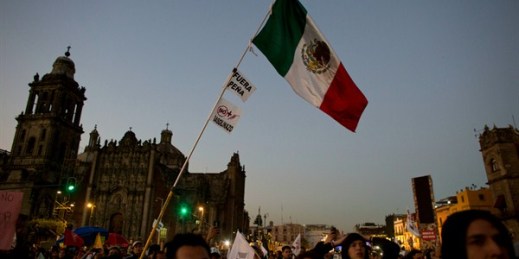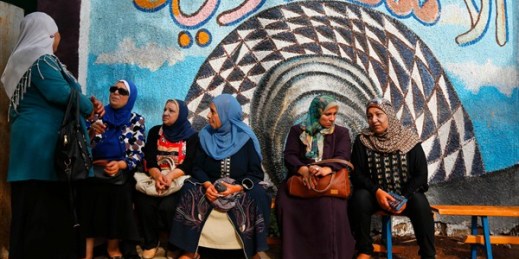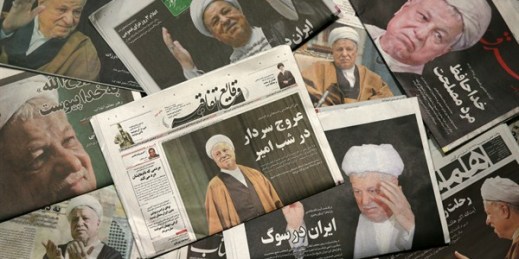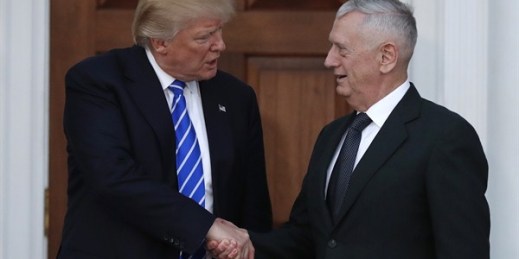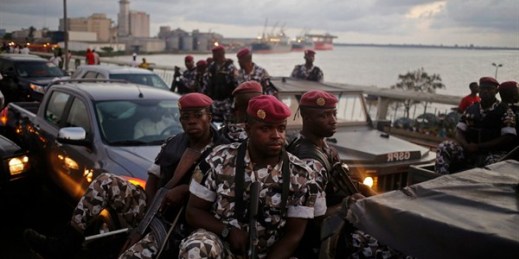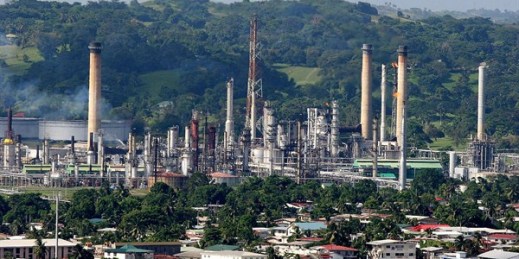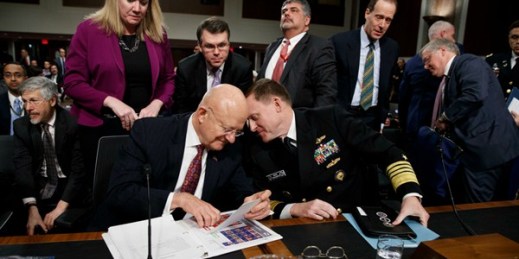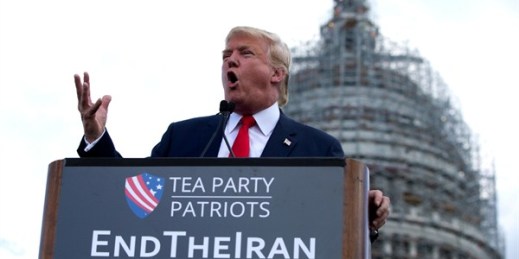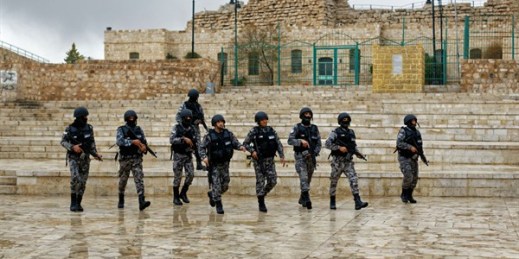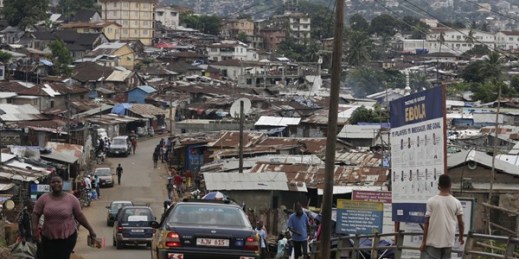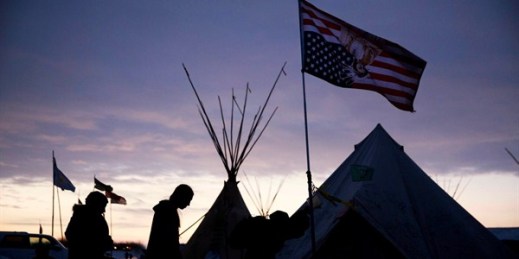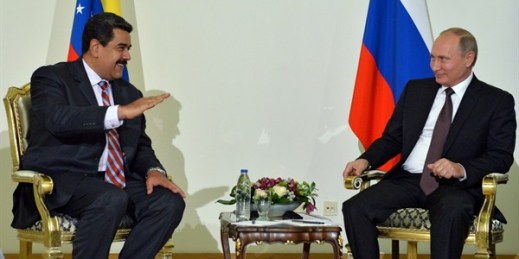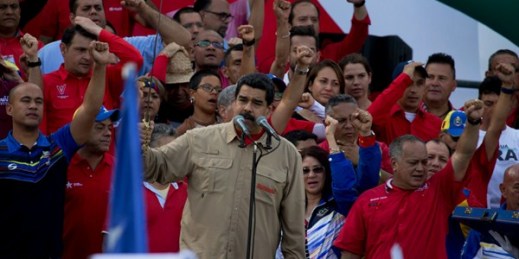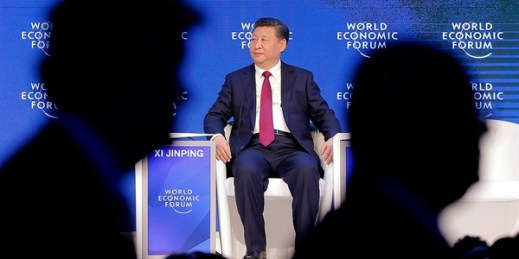
That China is an export powerhouse is well established—“Made in China” products can be found in markets from Addis Ababa and Istanbul to Rome and New York. Despite a slowing economy, Chinese export of goods in 2015 totaled over $2.1 trillion, more than Italy’s GDP. But less remarked upon is the rise of China’s newest export: capital. In fact, during his speech at the World Economic Forum in Switzerland this week—the first by a Chinese president—President Xi Jinping not only vigorously defended free trade and globalization but also touted China’s efforts in facilitating global economic development. More than a formidable […]

